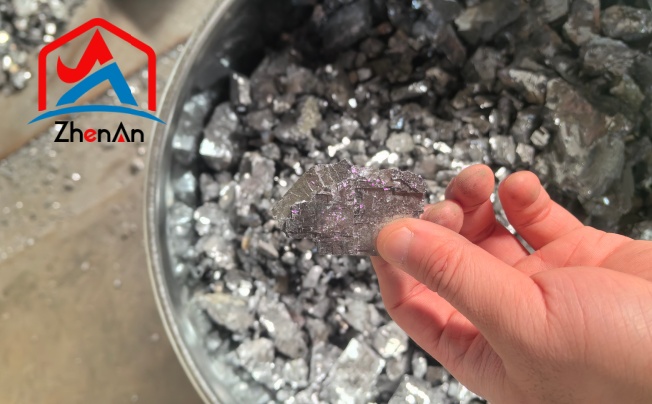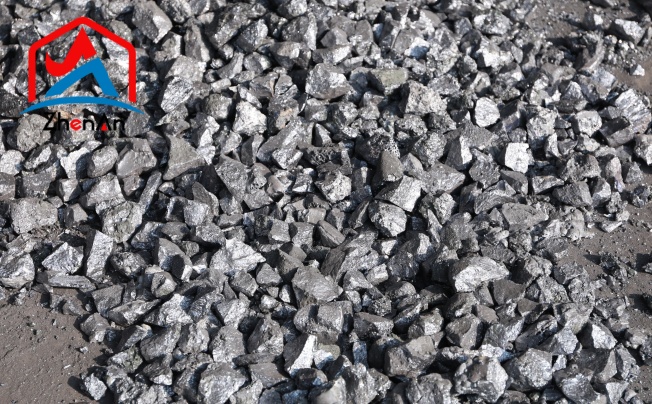Manganese in Food Sources
When it comes to obtaining manganese through dietary sources, nature provides us with an array of options. Nuts, such as almonds and hazelnuts, along with seeds like pumpkin and sesame seeds, are rich in manganese. Whole grains, such as brown rice and oats, also contain significant amounts of this essential mineral. Furthermore, leafy green vegetables like spinach and kale are excellent sources of manganese. These natural sources not only provide the body with manganese but also offer a myriad of other nutrients that contribute to overall health.
The bioavailability of manganese in food is influenced by various factors. For instance, the presence of phytates and fibre can hinder the absorption of manganese in the gut. On the other hand, certain nutrients, like vitamin C, can enhance the absorption of manganese from food sources. Cooking methods also play a role; boiling or steaming vegetables may lead to some loss of manganese content due to leaching into cooking water.
Manganese Supplements
For individuals who may have difficulty meeting their daily manganese requirements through diet alone, supplements can be a convenient option. There are different forms of manganese supplements available on the market, including manganese gluconate, sulfate, and citrate.
Each form has its own level of bioavailability and absorption rate within the body. Factors affecting the absorption of manganese supplements include interactions with other minerals, such as iron or calcium. These minerals can compete for absorption pathways in the gut, potentially impacting how much manganese is effectively absorbed. Additionally, individual differences in gut health and digestive enzyme activity can influence how well the body absorbs supplemental forms of manganese.
Organic vs Inorganic Manganese
Organic forms of manganese, such as manganese amino acid chelates, are generally considered to have higher absorption rates and better bioavailability compared to their inorganic counterparts. This is primarily due to the presence of amino acids that facilitate the transport of manganese across the intestinal barrier. In contrast, inorganic forms like manganese sulphate or oxide are less readily absorbed by the body and may require higher doses to achieve similar effects.
The benefits of organic manganese extend beyond just absorption rates. These forms are often gentler on the digestive system, leading to a reduced likelihood of gastrointestinal discomfort or side effects commonly associated with inorganic supplements.
Additionally, organic manganese is believed to have a longer half-life in the body, allowing for sustained release and utilization over time. However, it's important to note that organic forms may come at a higher cost compared to their inorganic counterparts.
The Marvels of Chelated Manganese
Chelated manganese represents a specialized form of mineral supplementation where manganese ions are bound to organic molecules like amino acids or peptides. The process of chelation enhances the stability and solubility of manganese, making it easier for the body to absorb and utilize this essential mineral efficiently.
By forming these molecular complexes, chelated manganese bypasses some of the limitations associated with non-chelated forms, thereby significantly improving its bioavailability. One key advantage of chelated manganese lies in its increased absorption efficiency compared to non-chelated forms.
The chelation process not only protects the mineral from interactions that could hinder absorption but also ensures targeted delivery mechanisms within the body's systems. This targeted approach allows for better uptake into cells, where manganese plays crucial roles in enzymatic reactions and metabolic pathways.
As a result, individuals supplementing with chelated manganese may experience more pronounced benefits with lower doses than required for non-chelated alternatives. In addition to superior absorption rates, chelated manganese offers enhanced utilization within physiological processes due to its stability and compatibility with biological systems.
The protective nature of chelates shields manganese from antagonistic interactions that could reduce its effectiveness or lead to waste through excretion processes. By optimizing bioavailability and utilization simultaneously, chelated forms stand out as a preferred choice for individuals seeking optimal benefits from their manganese supplementation regimen.
Factors Influencing Manganese Absorption
Manganese doesn't operate in isolation; its absorption is intricately intertwined with the presence and levels of other essential nutrients, notably iron, calcium, and zinc. This interference occurs due to the formation of insoluble complexes in the gastrointestinal tract, rendering both minerals less available for absorption.
Gut Health and Digestive Enzymes
The gastrointestinal tract serves as the gateway for nutrient absorption, making the health of this system crucial for effective manganese uptake. Digestive enzymes, such as phytases and peptidases, play a pivotal role in breaking down dietary components, including manganese-containing foods and supplements. Insufficient enzyme activity, often associated with digestive disorders or aging, can compromise the breakdown and subsequent absorption of manganese.
Furthermore, gut health, influenced by the gut microbiota composition and integrity of the intestinal lining, significantly impacts manganese absorption. Dysbiosis, an imbalance in the gut microbiota, can alter the metabolism of manganese, affecting its bioavailability.
Additionally, conditions like leaky gut syndrome, characterized by increased intestinal permeability, may lead to malabsorption of manganese and other nutrients. Thus, maintaining a healthy gut environment through a balanced diet, probiotics, and lifestyle factors is imperative for optimal manganese absorption.
Genetic Factors Affecting Manganese Metabolism
The absorption, distribution, metabolism, and excretion (ADME) of manganese are subject to genetic variation among individuals. Genetic polymorphisms in genes encoding transporters and enzymes involved in manganese metabolism can influence its absorption and utilization.
Variants in genes such as SLC39A8, which encodes a manganese transporter, have been associated with altered manganese levels in the body. Moreover, certain genetic disorders, such as hereditary hemochromatosis, characterized by excessive iron absorption, may indirectly affect manganese metabolism.
Optimal Health Through Manganese Absorption
Choosing the best-absorbed form of manganese is paramount for achieving optimal health benefits. Manganese plays a crucial role in various physiological processes, such as bone formation, energy production, and antioxidant defence.
By selecting a form of manganese that is easily absorbed by the body, individuals can ensure that they are reaping the full benefits of this essential mineral. Whether through dietary sources or supplements, prioritizing bioavailability can enhance overall well-being and support vital functions within the body.
Consulting Healthcare Providers for Personalized Recommendations
While understanding the importance of selecting the best-absorbed form of manganese is essential, it is equally crucial to recognize that individual needs may vary. Consulting with healthcare providers, such as nutritionists or doctors, can provide personalized recommendations tailored to one's specific health status and goals.






